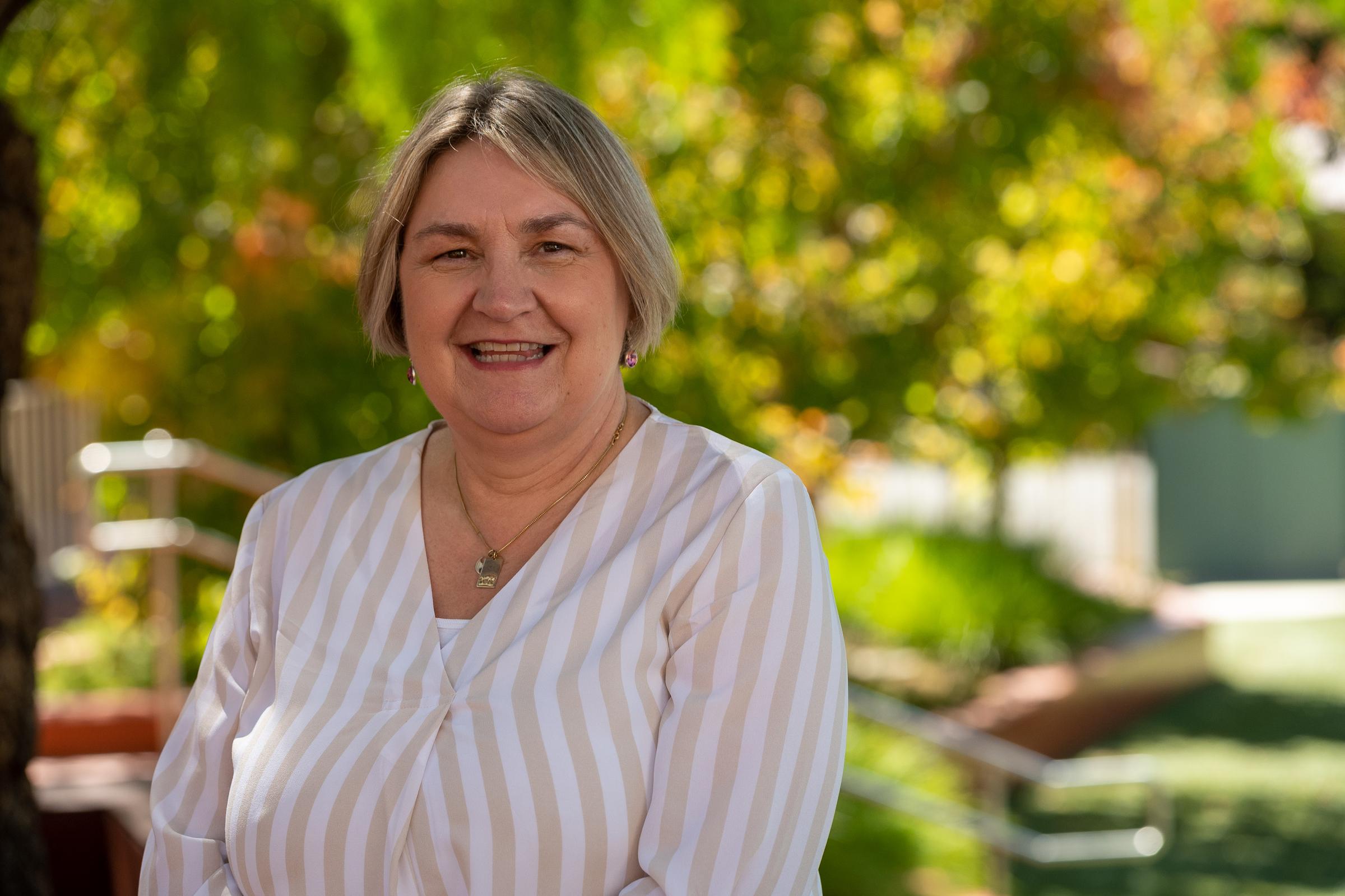From the Head of Senior School

With Year 11 examinations beginning this week and the Year 7 to 10 examinations next week, there is often a temptation for students to increase their online activities for various reasons. This can have a significant impact on their sleep patterns. The article below is taken from our Study Skills Handbook, which can be accessed via the Student Services and Parent Services home pages in Astra. I hope it provides some valuable insights.
How much sleep?
We all know that sleep is vital for general health, growth and development, and emotional wellbeing. However, you may not know that essential memory processes occur while you sleep, ensuring you retain what you are learning and studying.
Perhaps you have heard that teenagers need between 9 to 10 hours of sleep per night. But where does this come from, and how valid is this claim? In 1980, Mary Carskadon of Stanford sequestered a group of adolescents in the university's sleep laboratory for several days, letting them sleep for as long as they wanted, up to 10 hours. She found that the teenagers slept just over 9 hours, with minimal variation. This single ‘naturalistic’ study is the primary basis for the adolescent sleep recommendation. However, some researchers argue that just because teenagers slept 9 hours when left alone does not mean that this is the best thing for them, just like letting people eat whatever they want is not necessarily the best thing for their health. So, there is no definitive answer at this point in time.
The amount of sleep teenagers need is most likely very individual, just like it is for adults. It is probably safe to assume that adolescents need more sleep than adults and that the average for most people is at least 8 hours of sleep per night. Pay attention to the signs and have students listen to their bodies. If they lie in bed and fall asleep instantly, this is a sign they are not getting enough sleep for their body. It should take at least 15 minutes to fall asleep. If they wake up in the morning and feel exhausted, then check all lifestyle factors: are they getting enough sleep, eating healthily and getting enough exercise? If teenagers sleep for many hours on the weekend, unfortunately, this does not mean they are ‘catching up’ on their sleep. According to University of Texas Southwestern sleep specialist Dr Gregory Carter, when we think we are catching up on sleep, we disrupt our circadian cycle – the body's internal clock that dictates sleep patterns. Excessive sleeping in signals that students need to go to bed earlier during the week. The aim is to work out the optimum bedtime to eliminate the need to catch up on large amounts of sleep on the weekend.
There is nothing wrong with having a power nap in the afternoon when students get home from school, as long as the nap is no longer than 40 minutes. A short nap can help students regain their energy levels and allow them to focus on the work they have to do that evening. However, a longer nap will also disrupt sleeping patterns for that night. The unit in the Study Skills Handbook on ‘Lifestyle and Balance’ gives further information about sleep and other lifestyle factors for success.
Important examination reminders for students
- Study Leave applications have now closed for students in Years 9 to 10.
- Study Leave for Year 9 students only applies for the first three days of examinations. An alternative program has been scheduled for Thursday and Friday of exam week, which is compulsory for all Year 9 students to attend.
- Students must arrive at the exam venue no later than 15 minutes before their exam.
- If students have an exam in Sessions 1 and 3, they must remain on the School grounds for the entire day, including at recess and lunch.
- All students will be provided with a dedicated study area, such as the gymnasium or a specified room, to prepare for their upcoming exams.
- Full school uniform must be worn for every exam unless specified.
- Student ID cards are required for each exam and are to be placed on their desk during the exam. The student ID card will be scanned for your child's attendance in their exam.
I would like to wish all students the best of luck in their examinations over the next two weeks.
Ms Dawn Davis
Head of Senior School


